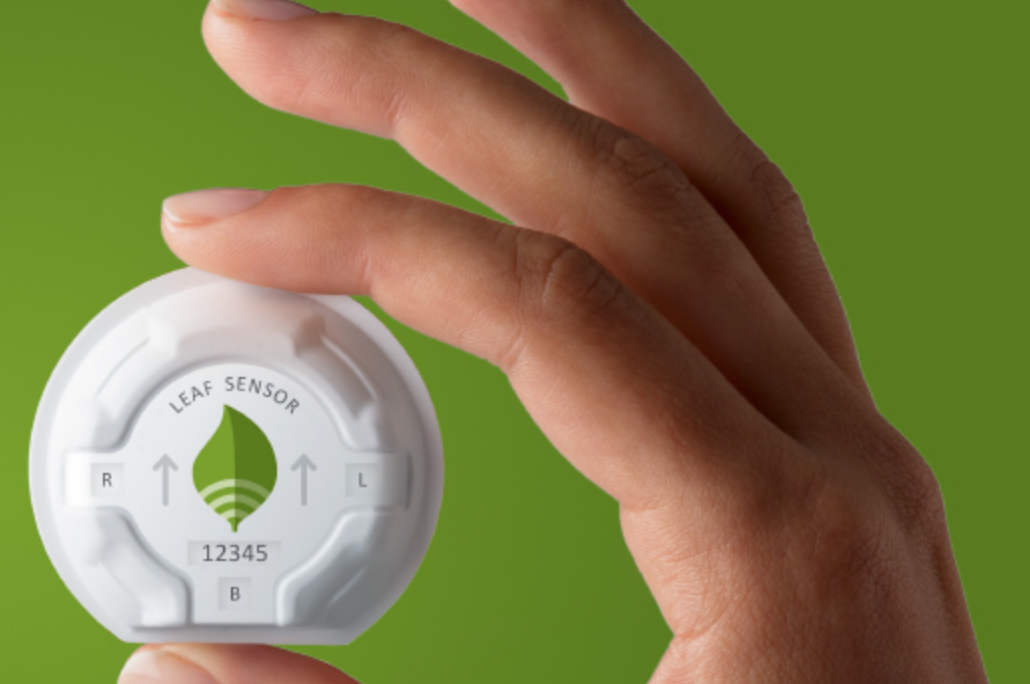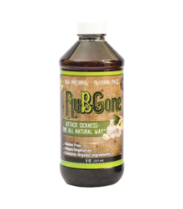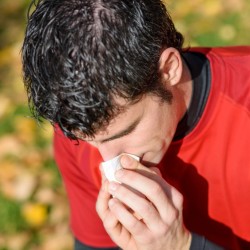 Kim Stewart
Kim Stewart
Practicing Belief and Hope with Our Words, by Bernie Siegel, M.D.
Many years ago, one of our children brought home a canvas he decorated in his school art class. He filled the entire canvas with the word “words.” As a surgeon, what immediately struck me was that each of us can “kill” or “cure” with a sword, or scalpel. We canRead
Doctors Teaching Parents Baby Talk for Early Childhood Development
OP/ED I was recently in a YMCA board meeting with visiting guests from our local school board. The topic was early childhood development and narrowing the achievement gap for preschoolers. In our community alone there are at least 700 children who are not prepared to start school. The solution was something our school board calls small talk. It’s not a complicated system of education preparedness, it’s simply talking to infants in full sentences from birth to age three. Brilliant idea.Who will be the teacher? You the doctor. Are you prepared to teach parents baby talk?
Perioperative Supplementation Enhances Surgical Recovery After Distal Gastrectomy
This study was a pilot study to assess the effect of perioperatively administering oral cystine and theanine in gastric surgery patients and suggested that oral administration of these amino acids may reduce inflammation and promote recovery after gastric surgery. This study postulated that cystine and theanine would reduce excessive inflammation and immune suppression during the perioperative periods of abdominal surgeries, which decreases GSH levels in blood and skeletal muscle. The researchers examined the effects of perioperatively administering cystine and theanine on the postoperative course of gastric cancer patients undergoing distal gastrectomies as a pilot study. By Tomohiro Miyachi MD, Takashi Tsuchiya, MD et al., published in J of Parenteral and Enteral Nutrition, 2012.
Wireless Device Reduces Pressure Injury Risk by 73%
An estimated that more than 2.5 million people suffer from at least one pressure injury each year. There are ways to reduce the risk. A new clinical study by researchers at Stanford Health Care looked at whether a wearable patient sensor could improve patient outcomes at risk for pressure injuries.Read
Cystine and Theanine: Suppression of Exercise Induced Neutrophilia and Lymphopenia
Intense exercise induces increased blood neutrophil counts and decreased lymphocyte counts, and leads to inflammation and immunosuppression. It was previously reported that cystine and theanine (CT) supplementation by long-distance runners before training camp suppressed changes of these blood parameters observed in unsupplemented control subjects after the camp. This study examined the effects of CT supplementation on the inflammatory response and the immune state before and after intense endurance exercise in long-distance runners at at training camp. By Shigeki Murakami et al, published in J or the Int’l. Society or Sports Nutrition, Vol. 7, No. 23
Patients Report 85% Pain Reduction with FDA Approved Migraine Medical Device
The Cefaly® Acute medical device, cleared by the U.S. Food and Drug Administration (FDA) two months ago for the acute treatment of migraine with or without aura, was also successful in a recent trial for migraine abortion; and predominantly outperformed published data on triptans as well as medical drugs currentlyRead
New Tonic of Potent Ingredients Launched to Reduce Flu Discomfort
The Center’s of Disease Control is reporting this one of the worst flu outbreak seasons in decades. In response, Family First Health announced the nationwide release of Flu-B-Gone®. The company says this patented, all-natural liquid contains clinically tested ingredients, shown to help reduce the discomforts commonly associated with the fluRead
Double-blind, Randomized Trial on Cystine, Theanine and the Common Cold
The common cold, an acute infection properly known as “cold syndrome,” is the most common human illness. The majority of cases of cold syndrome are acute infections of the upper respiratory tract, and its major cause is viral infection. Conventional methods of treatment use medications, such as analgesic agents and antihistamines, but these are only effective for the alleviation of symptoms, such as sneezing and runny nose. The incidence of subjects with colds during this trial was significantly lower in the CT group than in the placebo group, although the duration of the colds was not significantly different between the groups. These results suggest that CT supplementation may be useful for the prevention of the common cold. By Shigekazu Kurihara, Takenori Hiraoka, Masahisa Akutsu, Eiji Sukegawa, Makoto Bannai, and Susumu Shibahara, published in J of Amino Acids, Vol, 2010.
Sport Certified Som Sleep Drink with Magnesium and Vitamin B6 , L-Theanine & GABA
Som Sleep announces the launch of its first two sleep beverages, Som Sleep drink in Original and Som Sleep drink Zero Sugar. Som Sleep includes active ingredients naturally found in the body and a healthy diet, including green tea, magnesium, vitamin B6, melatonin, L-Theanine, and GABA.* The product is designedRead
Communicating with Patients About Dietary Supplement Use
The use of dietary supplements among patients affected by cancer is extensive, with an estimated 20-90 % of patients using these products. Their use of these products is often not shared with the treating physician. “Doctors need to understand why patients with cancer use dietary supplements in the first place. Patients tend to use these supplements because they want to do everything possible to feel hopeful, empower themselves, enhance the body’s natural defenses, use less toxic treatments, or reduce side effects of mainstream treatments,” said Dr. Victor Sierpina, UTMB professor of family medicine. “In fact, most patients choose to use dietary supplements to improve their quality of life rather than seeking a cure for their disease.” In the September issue of Current Oncology Reports, researchers at University of Texas Medical Branch, Sierpina describes a patient centered approach to managing dietary supplement use in cancer care. By Moshe Frenkel and Victor Sierpina, published in Current Oncology, Sept. 2014.












